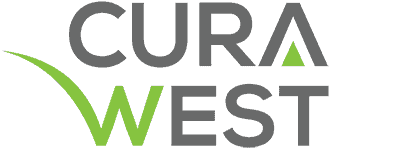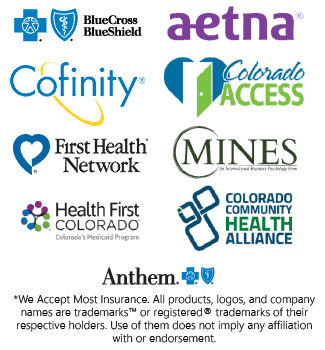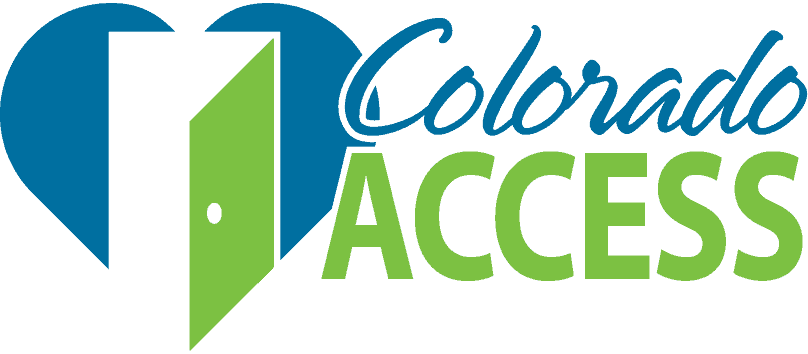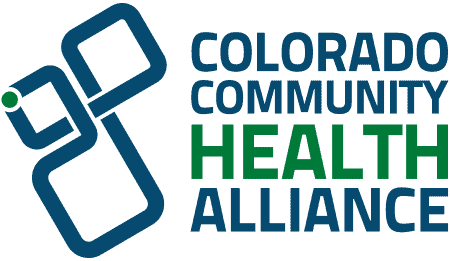Types of Prescription Drug Rehabilitation Programs
Several distinct types of prescription drug rehabilitation programs exist to address the intricate nature of medication dependency, each offering specialized approaches tailored to individual needs and circumstances. Outpatient services provide flexibility for individuals maintaining work or family responsibilities, offering structured therapy sessions and medication management while clients continue living at home. In contrast, inpatient facilities deliver intensive, round-the-clock care in a controlled environment, which proves particularly beneficial for those with severe addiction or concurrent mental health conditions. Medical detox programs focus specifically on safely managing withdrawal symptoms under professional medical supervision.
Additional program variations include:
– Partial hospitalization programs, bridging the gap between inpatient and outpatient care
– Residential treatment centers, offering extended stays with thorough support
– Medical detoxification programs, providing supervised withdrawal management
– Dual diagnosis facilities, addressing both addiction and mental health disorders simultaneously
Essential Components of Effective Treatment
Essential Components of Effective Treatment
While prescription drug addiction treatment varies among individuals, successful rehabilitation programs consistently incorporate several fundamental components that form the foundation of effective recovery. These essential elements include extensive medical supervision, evidence-based behavioral interventions, and personalized therapy plans that address both physical and psychological aspects of addiction.
Effective programs integrate holistic therapies, such as meditation and stress management techniques, alongside traditional counseling methods to promote whole-person healing. The treatment framework typically encompasses cognitive behavioral therapy, group support sessions, and family counseling, which work together to identify triggers, develop coping strategies, and rebuild damaged relationships. Additionally, successful programs provide ongoing aftercare planning, relapse prevention education, and life skills training to support sustained recovery and help individuals maintain long-term sobriety following program completion.
Choosing the Right Recovery Path for Your Needs
Selecting an appropriate recovery program requires careful evaluation of multiple factors that align with an individual’s specific addiction profile, personal circumstances, and treatment goals. When assessing treatment options, individuals should review program features such as duration, intensity, and therapeutic approaches that best match their needs.
The most effective programs emphasize individualized treatment plans, incorporating evidence-based therapies while taking into account the individual’s unique challenges, lifestyle constraints, and support system. Family involvement often plays a significant role in long-term recovery success, making it essential to choose a program that includes family therapy and education components. Additional factors to keep in mind include:
- Location and accessibility
- Insurance coverage and financial requirements
- Aftercare support services
- Staff credentials and specializations
- Program accreditation status
















